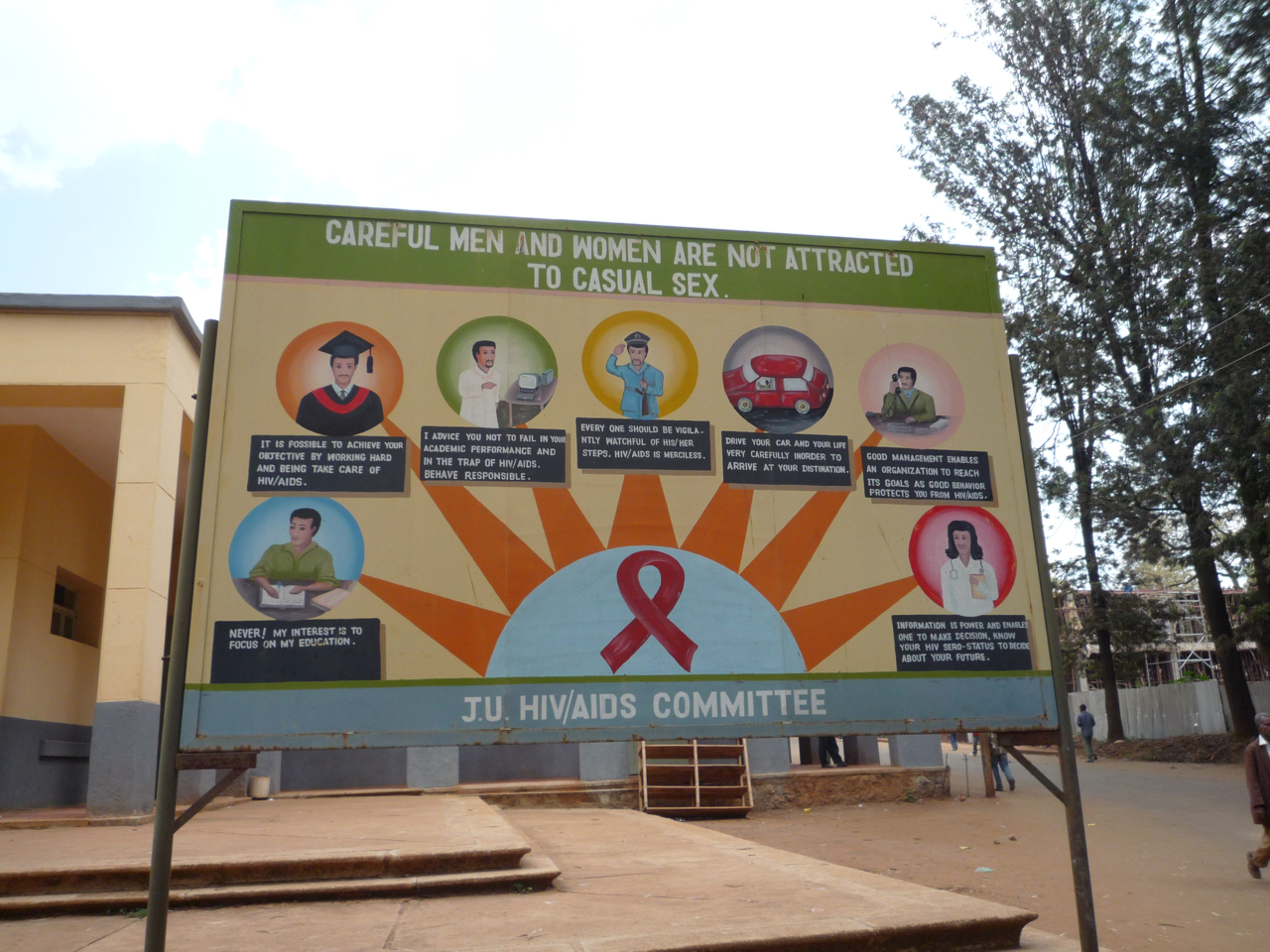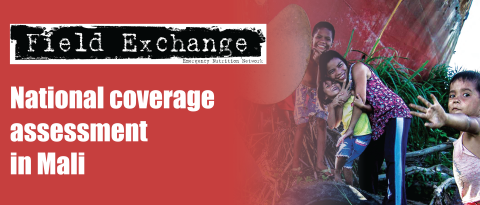Effects of nutritional supplementation for HIV patients starting antiretroviral treatment in Ethiopia
 Summary of research1
Summary of research1
Location: Ethiopia
What we know: Poor nutritional status at initiation of ART is associated with impaired treatment outcomes among African patients with HIV.
What this article adds: A randomised controlled trial in Ethiopia found that supplementation with a lipid based nutrient supplement (LNS) resulted in greater gains of weight, lean body mass, grip strength, and immune recovery in food insecure patients with HIV compared with patients initiating ART without/delayed introduction. No major differences between whey and soy based supplements were observed. Benefits are regardless of initial BMI status.
Poor nutritional status at initiation of antiretroviral treatment (ART) is associated with impaired treatment outcomes among African patients with HIV. A recent study investigated whether a three month intervention with a lipid based nutrient supplement (LNS) containing either whey or soy protein improves regain of lean body mass, grip strength, physical activity and immune recovery2 in patients with HIV starting antiretroviral treatment in a food insecure setting.
In this randomised controlled trial, patients received 200 g/day of LNS containing whey or soy during the first three months of ART. A control group received the supplement during the subsequent three months. Allocation to intervention groups was based on block randomisation and administered by a person not involved in recruitment or data collection. Supplement type (whey or soya) was masked with codes and blinded to everyone involved, while allocation to early or delayed supplementation was blinded to data assessors and data analysts only. There were three main comparisons. Whey and soy containing supplements were each compared with no supplement in participants with a Body Mass Index (BMI) >17, as delayed supplementation groups served as controls. In addition, the study compared whey and soy containing supplements with each other among all participants with a BMI >16. Lastly, the study compared early and delayed supplementation in participants with BMI >17 to investigate potential effects of timing of supplementation. Those with a BMI <16 were excluded and treated for severe acute malnutrition.
The results of the supplementation were considerable, resulting in a more than threefold weight gain, compared with the effects of ART alone, and with substantially more lean body mass gained. The increase of lean mass was accompanied by an effect on grip strength, though no effect on physical activity was observed. Furthermore, the whey containing supplement was associated with increases in CD3 and CD8 counts. No such effect on immune recovery were shown for the soy containing supplement, but when the two supplements were compared, there were no significant differences in their effects. Patients receiving delayed supplementation had a greater weight gain but less gain in grip strength and physical activity than those receiving early supplementation.
Selection bias was low as patient recruitment was consecutive, group allocation was concealed, and the study had a high follow-up rate (88% at three months). For many patients however, there were incomplete data on physical activity.
The study found that supplementation resulted in greater gains of lean body mass, grip strength, and immune recovery in Ethiopian patients with HIV compared with patients initiating antiretroviral treatment without a nutrient supplement. No major differences between the two supplements were observed. The findings are considered relevant for the treatment of all patients with HIV in food insecure settings. Previous observational studies have shown associations between weight gain and improved treatment outcomes across all BMI strata. The authors therefore conclude that the beneficial effects of supplementation can be generalised to HIV patients with inadequate access to food regardless of initial BMI status.
1 Olsen. M (2014). Effects of nutritional supplementation for HIV patients starting antiretroviral treatment: randomised controlled trial in Ethiopia. BMJ | 24thMay 2014, Volume 348, pp 12. The full paper and a video abstract are available at: http://www.bmj.com/content/348/bmj.g3187
2 Secondary outcomes included viral load and CD4 counts and auxiliary outcomes included weight and CD3 and CD8 counts.


